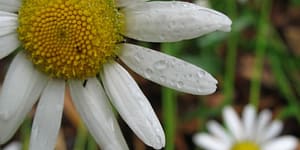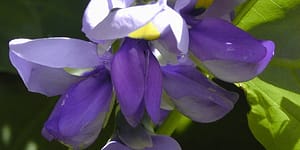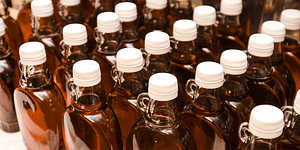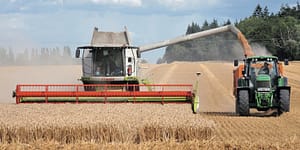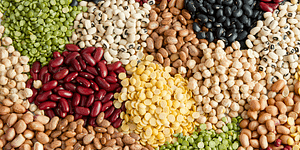The Wild in Us and Us in the Wild

In the following Q&A, Martin Lee Mueller, author of Being Salmon, Being Human, discusses the importance of rethinking the human-Earth relationship, why salmon are the perfect creatures to start the conversation, and what we can do to give back.
Q: Part of your inspiration to write this book came from an opinion piece about the salmon industry in a Norwegian business newspaper. What struck you about that article?

Q: You write that “our sense of who we are as humans is mirrored in our lived relationships with other creatures.” Why, of all creatures, write about salmon?
A: Salmon, like any other-than-human creature, are a mirror in which we can seek a deeper understanding about our own humanity, and our place here inside this biosphere. They are another unique way in which the Earth imagines itself, one existential story that weaves its delicate thread into the living and breathing web of which we too are a part. At the same time, salmon now face an existential crisis both here at home in Norway and elsewhere. They may have endured ice ages; they may have survived every geological upheaval of the past few million years. But it is not yet clear whether they will be able to live through the accumulated stressors of industrial civilization.
Q: By suggesting an economy of “reciprocal obligations,” you propose a relationship in which salmon not only give gifts to humans, but one in which humans must give back to salmon. You write that salmon give us many gifts, including nutrients, nourishment, and less quantitative gifts like sense of place and community building. What can we humans give back to them?
A: The notion that salmon gift themselves to humans is widespread in many regions across the north, both among indigenous cultures in North America and also among the Sami of the Scandinavian Arctic. This understanding may be coded in language, stories, or taboos and regulations concerning fishing rights and places. There is a shared, cross-cultural understanding that we can harvest salmon in rather great quantities, and indefinitely, if we don’t become too proud. Before the fish farming industry popularized the notion that intensive farming is necessary to produce great quantities of fish, salmon were already known as a potentially superabundant staple food across the northern hemisphere. But we 
So what are some of the ways in which we can make return gifts to them? First, we can gift them with careful, attentive science. Biologists are well underway to documenting the rich inner lives of fish, and ecologists are adding ever more subtleties to the story of salmon as keystone species that enrich entire landscapes, from gulls to bears to vineyards to forests. We can also gift salmon with grassroots work that helps streams regenerate and diversify. From daylighting streams to dismantling dams to planting native riverside vegetation, such work is now springing up in so many places, including Germany, where I was born and raised, and where salmon had disappeared from some rivers so thoroughly that they’d vanished even from collective memory.
Recent Articles
Oxeye daisies are one of the most important plants for pollinators including beetles, ants, and moths that use oxeye daisies as a source of pollen and nectar. Instead of thinking about removing a plant like oxeye daisy, consider how you can improve the fertility and diversity of habitat resources in your home landscape, garden, or…
Read MoreThis long-lived perennial legume is used for forage and erosion control. Kudzu is edible with many medicinal uses and other applications. Pollinators of all kinds love its prodigious lavender blooms!
Read MoreMove aside, maple! We have two new syrups to add to the table. Read on for insights on tapping, selling, and eating syrup from walnut & birch trees.
Read MoreWhy is modern wheat making us sick? That’s the question posed by author Eli Rogosa in Restoring Heritage Grains. Wheat is the most widely grown crop on our planet, yet industrial breeders have transformed this ancient staff of life into a commodity of yield and profit—witness the increase in gluten intolerance and ‘wheat belly’. Modern…
Read MoreDid you ever wonder how leeks, kale, asparagus, beans, squash, and corn have ended up on our plates? Well, so did Adam Alexander, otherwise known as The Seed Detective. The following is an excerpt from the The Seed Detective by Adam Alexander. It has been adapted for the web. My Seed-Detective Mission Crammed into two…
Read More




